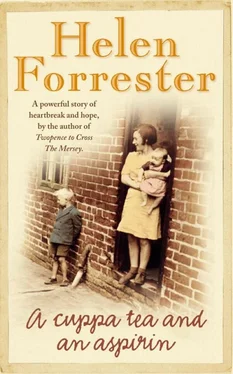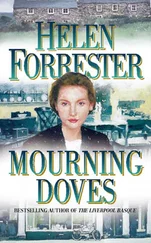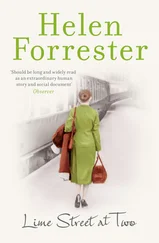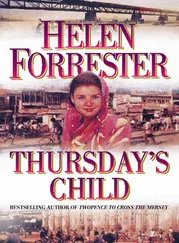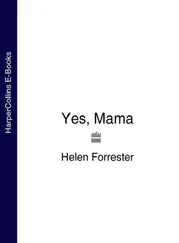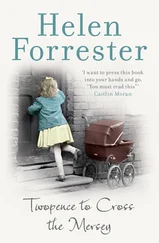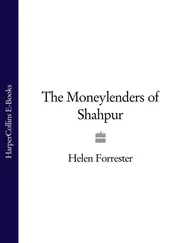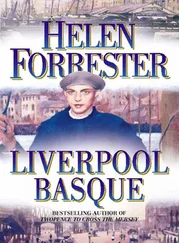His speed of movement did not make him popular amongst his mates. Some of them had a system whereby half of them took an hour off to rest while the other half worked, then vice versa. This doubled the hours of work to be paid for by the shipowner but, to the labourers, it was much less exhausting than doing the heavy work without breaks.
Sometimes, a few men would find an obscure spot in the ship or at the back of a warehouse, and settle down to play cards for half the day, their absence unnoticed amid the general mêlée of dozens of identical-looking labourers unloading a large ship. On paydays, they turned up fast enough to collect their unearned wages.
Even if the shipowners disapproved of it, Patrick was thankful for the rest system, which he felt was fair when doing such an arduous job. He never joined the card players, however, partly because it was blatantly dishonest, and, more precisely, because he was not good at such games and would probably lose most of what he was earning.
He preferred, if he had a few pennies, to play the football pools, where he stood a faint chance of winning thousands of pounds.
In addition, Martha never made a fuss about his playing the pools; like almost everybody else in the court, regardless of the pressing need to pay the grocery bill at the corner shop, she played them herself. Rather than confess this dereliction to the priest, she added an extra Hail Mary to the small penances he usually gave her for any other sins to which she owned up.
Even if he was given work, Patrick collected at the end of the week what could only be described as starvation wages. Or even worse, on mornings when he was not chosen, he would have to go home and admit his bad luck to a hungry wife and children, only to set out again to repeat the whole performance that afternoon.
And thanks to a huge birthrate in the city, thought the councillor as he drank his tea, and a constant migration of even more desperate men from Ireland, there was a great surplus of casual, and, consequently, most satisfactorily cheap, unskilled labour on Merseyside. This fact was not conducive to persuading many of the powerful business interests of Liverpool, or even its City Council, to study methods by which the system could be made more humane. The councillor had himself brought the matter up in council, but the dreadful Depression lying over the whole country made impractical his request for a committee to plan a better system in collaboration with reluctant employers.
Even after two mugs of tea, the councillor was still shivering with cold and delayed shock, so when the waitress handed him the paper on which she had written the addresses, he asked her to get him a taxi. She called a barefoot lad lurking nearby and sent him to find one.
Anxious to earn a quick penny for going to fetch the taxi, the child shot out of the little café and scudded up the incline to the street to hail one.
As they waited uneasily for the vehicle to arrive, Patrick felt that he could no longer stand around in his drenched state. Balancing shakily, first on one leg and then on the other, he put on his sodden boots. He forgot all about the Ark Royal , but the date of its launching reminded him for the rest of his life of the day he met a city councillor.
In an effort to be polite, he now said diffidently to the councillor, ‘I think you’ll be all right now, sir. I’ll be getting home.’
TWO
‘’Aving a Good Natter with Mary Margaret’
May to September 1937
‘And he missed the Ark Royal , he did; and nobody, except the councillor, give no thought to him at all, they didn’t,’ sighed Patrick’s wife, Martha, to her friend and neighbour, Mary Margaret, while they sat on the doorstep of their court house.
They were warmed by a few rays of welcome spring sunshine, sneaking into the tiny court from between the chimney pots. It lit up Martha’s dark visage and birdlike black eyes, and Mary Margaret’s skeletal thinness, which was apparent even when she was wrapped in her shawl.
As they gossiped, Mary Margaret steadily hemmed a pocket handkerchief: on a protective piece of white cloth on her lap, she held a little pile of them, already finished. Beside her, Martha methodically tore up old sheets and folded them into small, neat squares; she would sell the squares to garage hands or to stallholders in the market, so that, from time to time, they could wipe their oily or bloody or fish-scale-encrusted hands.
A month after the rescue, they were once again mulling over Patrick’s unexpected adventure with the city councillor – and, in more detail, his promise to help Patrick get a better job. Help had not as yet materialised.
‘I suppose he must’ve forgot,’ offered Mary Margaret.
Martha smiled wryly. ‘Right,’ she agreed, and then shrugged as if to shake off any wishful thoughts she might have about it.
Mary Margaret Flanagan and her family lived in the back room on the first floor of the crowded court house, in which the Connollys had the front room on the ground floor. She suffered from tuberculosis of the lungs.
Crammed in with Mary Margaret were her widowed mother, Theresa, her four children still at home, and her husband, an unemployed ship’s trimmer.
Because of the lack of a window, her family lived, without much complaint, much of their lives in semi-darkness, relieved in part by a penny candle, when available, and the daily kindness of the two elderly women in the front room of her floor: Sheila Latimer and Phoebe Ferguson left their intervening door open, day and night, so that light from their front window could percolate through to Mary Margaret’s room.
Sheila and Phoebe had been mates ever since they were tiny children. They had shared their sorrows through childhood beatings and sexual misuse, through marriages that were not much better, and, finally, when their husbands had been drowned at sea and their children were either dead or gone, the old chums had decided to live together.
From other inhabitants of the court, they endured a lot of jokes as to their sexual preferences, but they had been through so much together that they did not care. They were thankful for the luxury of a room to themselves, after their earlier experiences of being packed in with children, elderly relations and bullying husbands.
As paupers, they lived on Public Assistance, outdoor relief provided by the City. This, they both thankfully agreed, was a great improvement over the old days, when they could have been consigned to the bitter hardships and tight confinement of the workhouse. Now, as long as no one told the Public Assistance officer about their working, they were able to earn illicitly a little more on the side, by picking oakum, which was used for caulking ships. The oakum picking meant they could buy a trifle more food, and it took them out of the packed house for most of the day. They considered themselves lucky.
Up in the attic, in a single, fairly large room under the roof, lived Alice and Mike Flynn, both of whom enjoyed a certain popularity in the court as a whole, Alice because she was easy-going and Mike because he had a radio.
Mike Flynn was a wounded veteran of the First World War. He had been paralysed by shrapnel in his back and had not been out of their room for years. He lay by the front dormer window, which looked out directly at the window of a similar house across the court. That was all he saw of the world, except for a few visiting birds. He occasionally put crumbs out on his tiny windowsill, which encouraged pigeons and seagulls to land and perch there unsteadily, as they jostled for position.
Mike had been given a radio by a kindly social worker, an ex-army officer. He said it kept him sane. The Flynns’ greatest expense out of their tiny army pension was getting its batteries recharged.
Читать дальше
